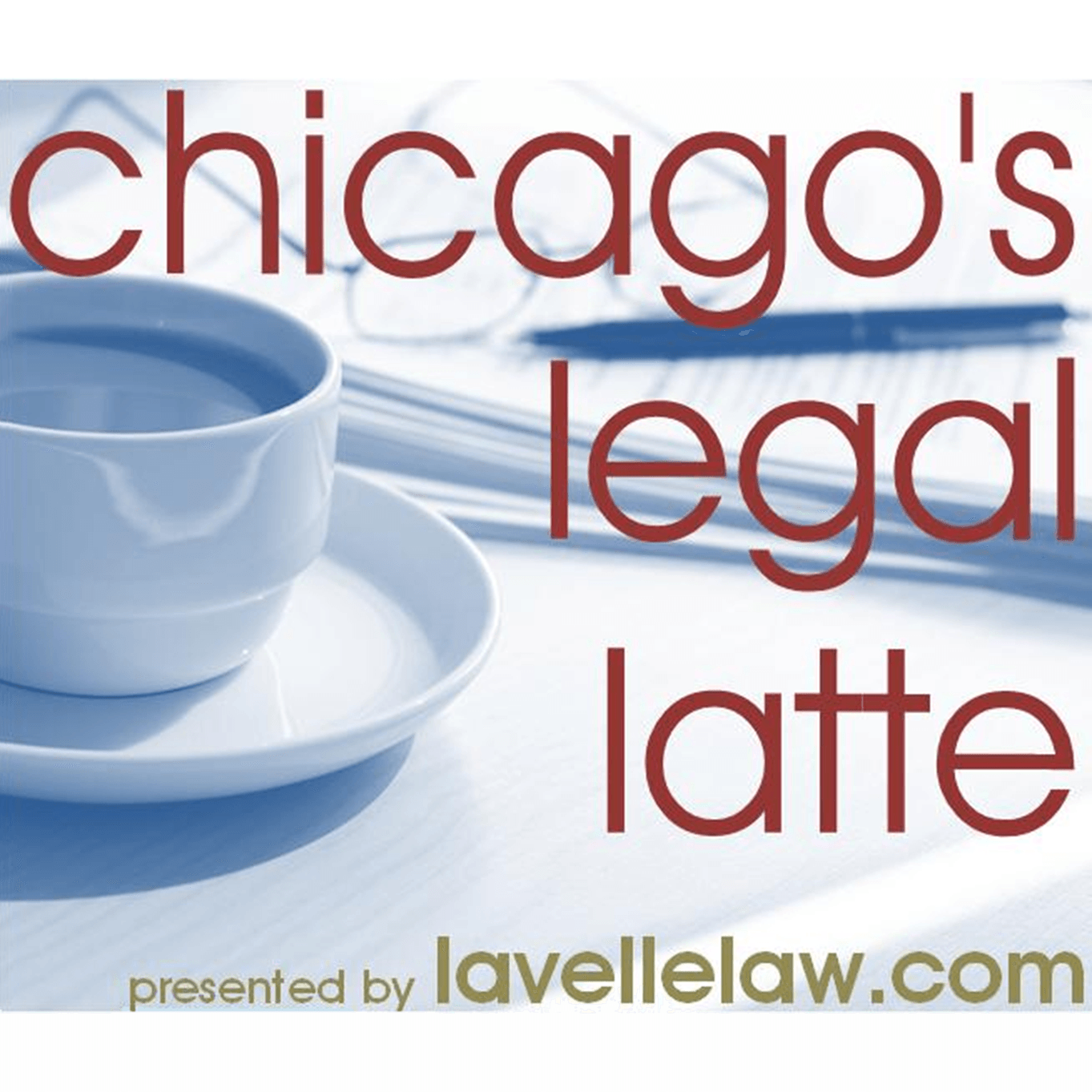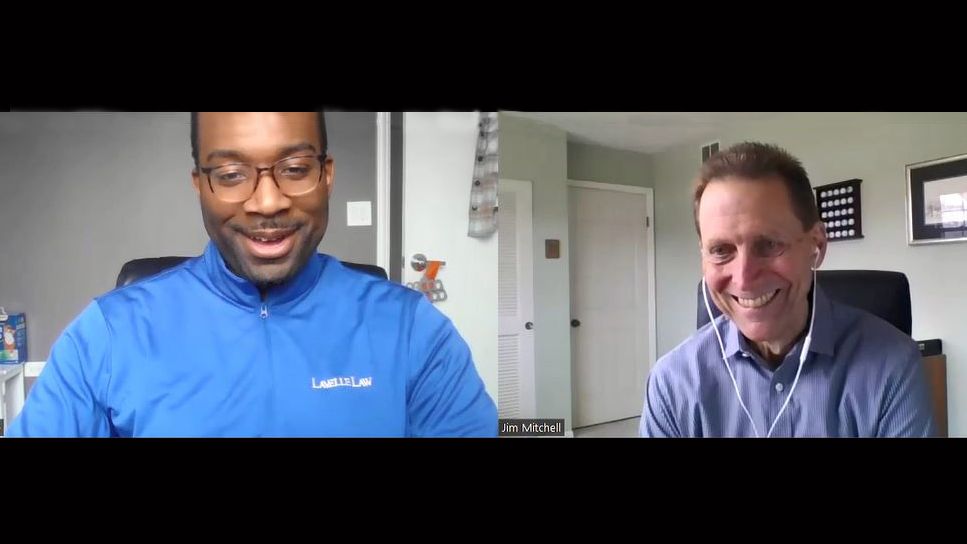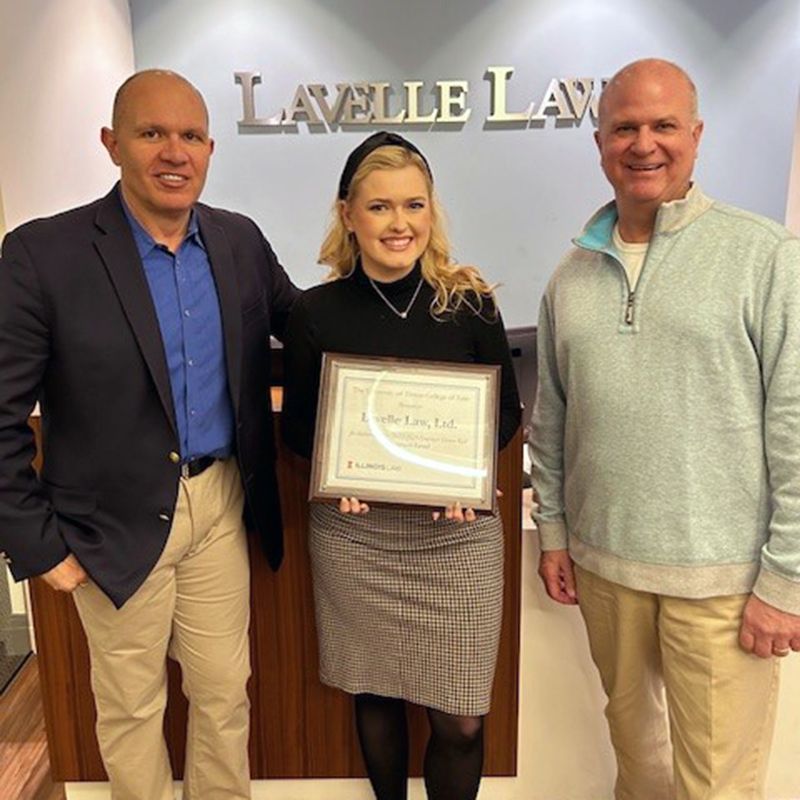Suppression of PBT Results in DUI Case Upheld by Appellate Court
The Second District Appellate Court of Illinois recently upheld a ruling by the Circuit Court of DeKalb County suppressing the results of a preliminary breath test (PBT) in a Driving Under the Influence (DUI) case. In the case of People v. Taylor , 2016 Ill. App. Lexis 476, at issue before the court was whether the suppression of the PBT results at hearing was proper. The Appellate Court ruled that the suppression of the PBT results was proper, and ultimately found no probable cause existed for the DUI arrest.
Pursuant to 625 ILCS 5/11-501.5, a police officer, during the scope of a DUI investigation, may request a suspect to submit to PBT testing, providing compliance with certain statutory requirements. According to statute, an officer is permitted to conduct a preliminary breath test if the officer (1) has reasonable suspicion that the motorist is driving under the influence and (2) that the suspected DUI motorist consents to the test.
The dispositive issue before the court in Taylor is the meaning of “consent” as used in the statutory language and in subsequent cases of People v. Rozela , 345 Ill. App. 3d 217, 802 N.E.2d 372, 280 Ill. Dec. 447, and People v. Gutierrez , 2015 Il App. (3d) 140194395 Ill. Dec. 335, 28 N.E.3d 521. The relevant statute, 625 ILCS 5/11-501.5(a) states “If a law enforcement officer has reasonable suspicion to believe that a person is violating or has violated Section 11-501 or a similar provision of a local ordinance, the officer, prior to an arrest, may request the person to provide a sample of his or her breath for a preliminary breath screening test using a portable device approved by the Department of State Police. The person may refuse the test.”
The court ruled that “the ‘may refuse’ language does not oblige an officer to inform a suspect that he or she may refuse, but it does require that the suspect have a reasonable opportunity to refuse. Where a suspect voluntarily submits to the PBT upon request, the statute’s request-and-refuse requirements have been met. In other words, so long as the officer requests the PBT without commanding submission, and so long as the suspect is given an opportunity to refuse, the PBT is voluntary. Taylor at 42.
In the case at hand, the officer simply held the device directly in front of the suspects face and, according to testimony, stated “[w]hat I want you to do is take a deep breath and blow in here like you’re blowing up a balloon, okay?” Taylor at 44. As to whether or not there was a request, the officer stated “I didn’t ask him.” Id. The court also considered the evidence presented at the hearing supporting the trial court’s findings. The motorist had less than two seconds to decide while the PBT device was directly in front of his face if not in his mouth. Also, the motorist was surrounded by physical distractions such as a passing train, flashing squad lights and the PBT device itself in his face. The court found the officer “placed the PBT device so close to defendant’s mouth that defendant would have had difficulty refusing with mere words; defendant would have had to physically respond by turning his head, stepping backward, or placing his hand in front of his mouth in order to effectively communicate a refusal. Although a suspect may issue a nonverbal refusal, placing a suspect in a position where he must do so in order to effectively communicate with the officer is a factor that weighs heavily against the voluntariness of the search. An officer may not place the PBT device into a suspect’s mouth without giving the suspect an opportunity to refuse” Taylor at 45.
The takeaway from this case is that consent is required, informed consent is not. Courts may consider many factors in determining whether or not a motorist consented.
For more information on this case or any other traffic or criminal law topic please contact the author, attorney James R. Doerr of Lavelle Law, at (847) 705-7555 or www.lavellecriminallaw.com
More News & Resources
Lavelle Law News and Events








STAY UP TO DATE
Subscribe to our newsletter
Lavelle Law, Ltd. | All Rights Reserved |
Created by Olive + Ash.
Managed by Olive Street Design.



